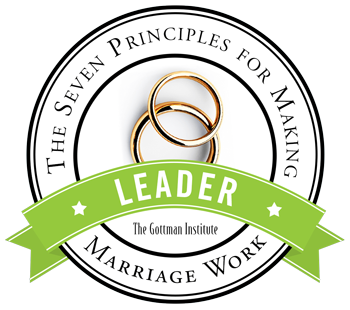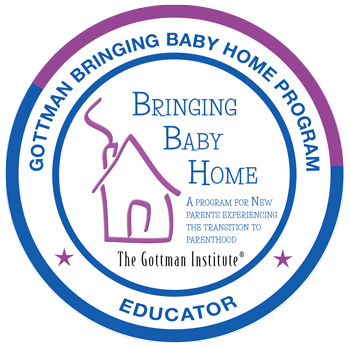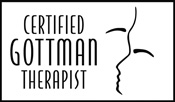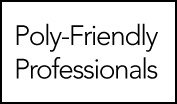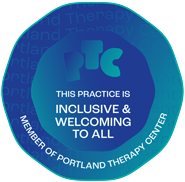 Alcohol or marijuana use getting out of hand? Do you sometimes worry you might be on your way to a habit that you don’t want to have? Has your partner threatened to leave if you don’t stop drinking, smoking weed or using other recreational drugs? If you suspect you have a problem with alcohol, marijuana or prescription drugs that’s doing harm to you and the people you love, talking with a counselor can help you get back in control. You don’t have to continue putting up with:
Alcohol or marijuana use getting out of hand? Do you sometimes worry you might be on your way to a habit that you don’t want to have? Has your partner threatened to leave if you don’t stop drinking, smoking weed or using other recreational drugs? If you suspect you have a problem with alcohol, marijuana or prescription drugs that’s doing harm to you and the people you love, talking with a counselor can help you get back in control. You don’t have to continue putting up with:
- Hangovers and regrets
- Having to make excuses
- Throwing money away
- Fearing legal trouble like DUII or possession charges
- Living in a state of denial
- Letting other people down
- Feeling ashamed or disappointed in yourself
Alcohol and Drug Counseling
An addiction counselor works with adult addiction or teenage drug abuse. Whatever your age, or how long you have been struggling, you can get past your problems with overuse or even true addiction without pressure, blame or having to accept dogma you don’t believe. Therapists and counselors frequently offer a rapid and comprehensive analysis of your substance use patterns that saves you time and the cost of less-effective treatment, with a plan for getting started quickly on the road to feeling in control of your health and your life choices.
The way most counselors work with these types of problems doesn’t involve you giving up your privacy or your dignity. You won’t be asked to compromise your personal philosophy or walk away from relationships that matter to you.
Treatment for these problems has changed quite a bit over the last few decades, and counselors no longer regard substance problems as merely a disease. Tackling this issue and getting back in charge of your health definitely won’t be treated as a simple matter of willpower or self-control.
You deserve a professional, well-researched perspective to allow you to objectively examine your use, and a trained counselor who is current with the research in this field helps you look at the complex set of patterns involving your psychology, behavior, biology and social environment.
Once a counselor has met with you, they will let you know if you really need addiction treatment, a residential program, or just a strategic plan and the right support. If you’re tired of kidding yourself with thoughts like these…
- I’ll stop at the end of the week/ month.
- I could stop if I wanted to, so it’s OK if I keep using or drinking.
- I’ve got it under control.
- I don’t need this to cope, I just enjoy it.
- It makes me feel good, and I deserve a break.
…it doesn’t have to be this way. You may dread feeling deprived or struggling to quit. Part of the counselor’s job is to help you find the motivation to take on the challenge of changing your habits. This goes beyond merely fighting with yourself; chances are, you’ve tried that already, probably many times. (Trying to exert will-power or use self-discipline to stop an addiction is like trying to grow taller by telling yourself you should be able to.) Even if this problem has been building for a while, it’s not too late to change it. With an effective approach to treatment, you can certainly:
- Feel healthier and happier
- Have much more energy
- Act friendlier and feel more at ease with yourself
- Experience hope and optimism
- Take pleasure in life
Get in touch right away to find out how counseling may be able to help you (or someone you care about) feel free, healthy and fully alive again. Counseling has helped thousands of others out of tough situations.
